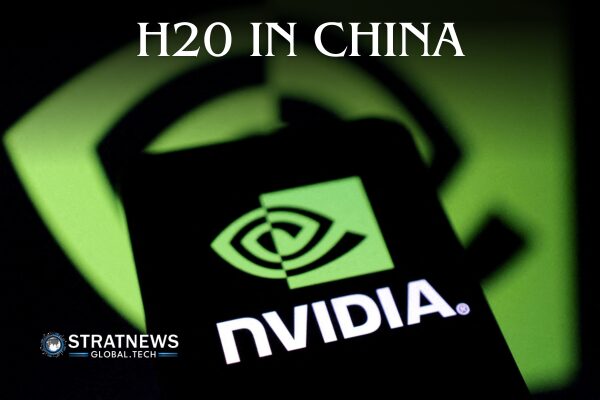Chinese Tech Giants Still Seek Nvidia H20 Chips Despite Beijing’s Warnings
Chinese technology firms including Alibaba, ByteDance, and Tencent are continuing to pursue Nvidia’s H20 artificial intelligence chips. This comes despite increasing pressure from Chinese regulators who have voiced concerns about relying on US-made technology.
Four sources familiar with internal procurement discussions revealed that these companies remain eager to secure the H20 chips, which the US government recently allowed Nvidia to sell in China. These chips are modified to comply with export controls. Tech companies in China are actively monitoring Nvidia’s next release—a more powerful model, tentatively named the B30A.
Interest in Upcoming B30A Chip Grows
The B30A, based on Nvidia’s advanced Blackwell architecture, could cost nearly twice as much as the H20. While the H20 is priced between $10,000 and $12,000, sources said the B30A might deliver performance up to six times greater. For many Chinese firms, this level of power justifies the higher price.
Like the H20, the B30A would be a downgraded version of chips sold elsewhere, specifically designed to meet US export regulations. Chinese buyers see value in maintaining compatibility with Nvidia’s software ecosystem, which offers benefits that alternatives like Huawei currently lack.
Beijing Pushes for Reduced US Chip Dependency
Chinese authorities have increased their scrutiny of foreign chip purchases. Officials have reportedly summoned companies such as ByteDance and Tencent to explain their orders of Nvidia chips, citing data security risks. However, there has been no official order to halt purchases.
Despite these regulatory pressures, the demand for Nvidia products in China remains strong. Domestic chipmakers, including Huawei and Cambricon, have struggled to meet performance and supply demands. Engineers at several Chinese firms confirmed that Nvidia’s chips continue to outperform local alternatives.
Nvidia Faces Uncertain Outlook in China
Nvidia has acknowledged growing competition in China, stating that local rivals are gaining ground. However, CEO Jensen Huang has reassured Chinese partners that supply for the H20 chip remains steady. The company is also planning to deliver B30A samples for testing in China, potentially as early as September.
The US-based chipmaker recently gave a cautious revenue forecast that excluded China, citing uncertainties tied to export licenses. Despite that, Nvidia has secured approval to sell the H20 and is currently addressing details around a deal that allocates 15% of H20 revenue to the US government.
According to industry sources, Nvidia holds a large inventory of H20 chips and has requested Taiwan’s TSMC to increase production. Huang believes that, with fewer restrictions, China could represent a $50 billion market for Nvidia.
with inputs from Reuters


